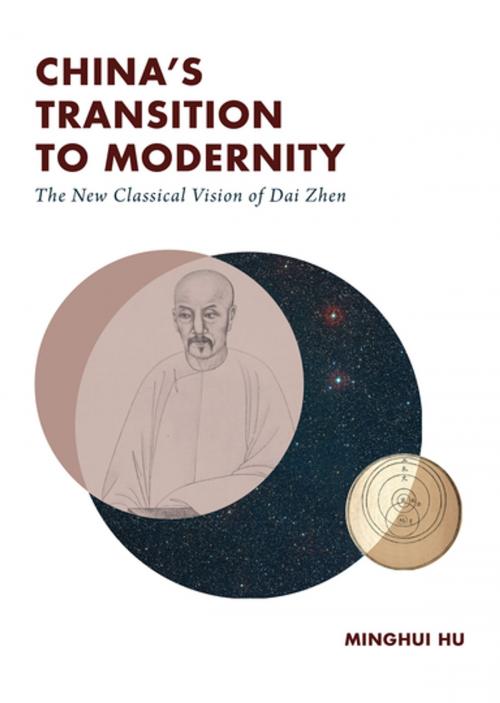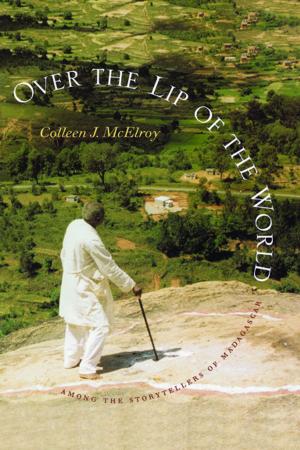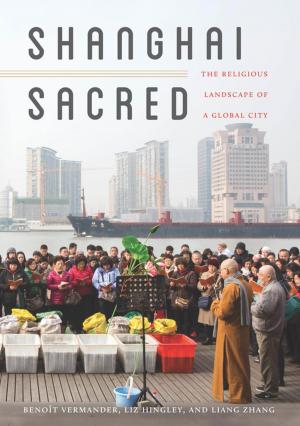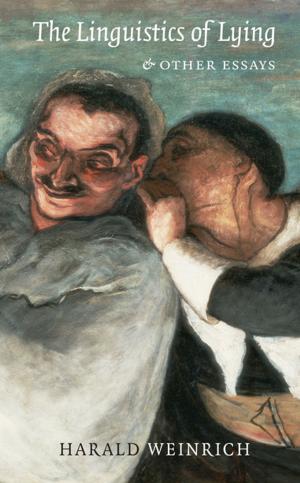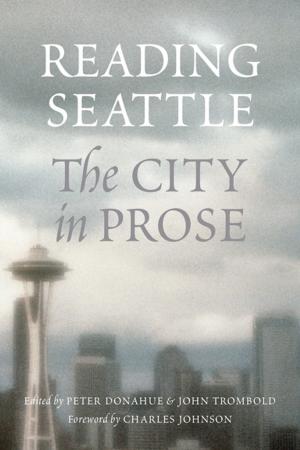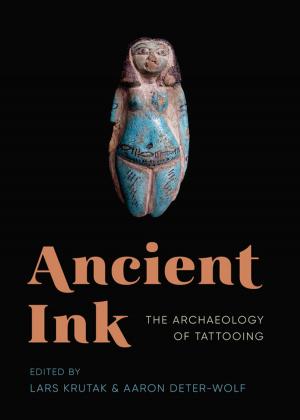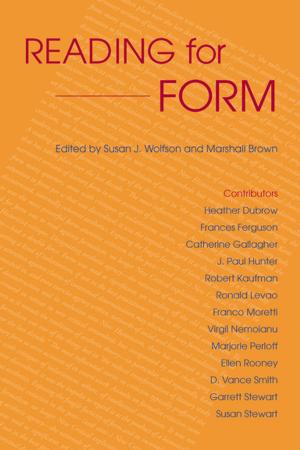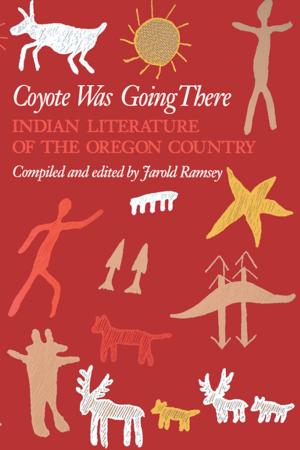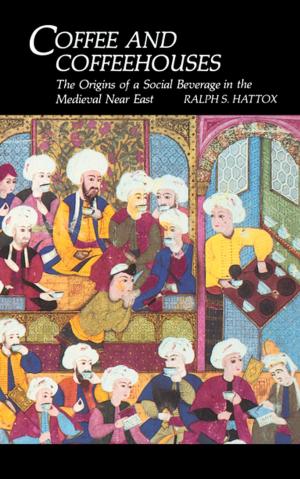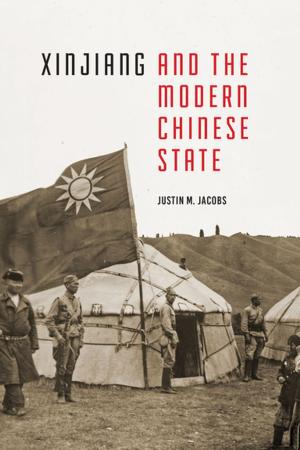China's Transition to Modernity
The New Classical Vision of Dai Zhen
Nonfiction, History, Asian, China, Science & Nature, Science, Other Sciences, Biography & Memoir, Reference| Author: | Minghui Hu | ISBN: | 9780295806068 |
| Publisher: | University of Washington Press | Publication: | December 23, 2015 |
| Imprint: | University of Washington Press | Language: | English |
| Author: | Minghui Hu |
| ISBN: | 9780295806068 |
| Publisher: | University of Washington Press |
| Publication: | December 23, 2015 |
| Imprint: | University of Washington Press |
| Language: | English |
The figure of Dai Zhen (1724�1777) looms large in modern Chinese intellectual history. Dai was a mathematical astronomer and influential polymath who, along with like-minded scholars, sought to balance understandings of science, technology, and history within the framework of classical Chinese writings. Exploring ideas in fields as broad-ranging as astronomy, geography, governance, phonology, and etymology, Dai grappled with Western ideas and philosophies, including Jesuit conceptions of cosmology, which were so important to the Qing dynasty (1644�1911) court�s need for calendrical precision. Minghui Hu tells the story of China�s transition to modernity from the perspective of 18th-century Chinese scholars who were dedicated to examining the present and past with the tools of evidential analysis. Using Dai as the centering point, Hu shows how the tongru (�broadly learned scholars�) of this era navigated Confucian, Jesuit, and other worldviews during a dynamic period, connecting ancient theories to new knowledge in the process. Scholars and students of early modern Chinese history�and those examining science, religious, and intellectual history more broadly�will find China�s Transition to Modernity inspiring and helpful to their research and teaching.
The figure of Dai Zhen (1724�1777) looms large in modern Chinese intellectual history. Dai was a mathematical astronomer and influential polymath who, along with like-minded scholars, sought to balance understandings of science, technology, and history within the framework of classical Chinese writings. Exploring ideas in fields as broad-ranging as astronomy, geography, governance, phonology, and etymology, Dai grappled with Western ideas and philosophies, including Jesuit conceptions of cosmology, which were so important to the Qing dynasty (1644�1911) court�s need for calendrical precision. Minghui Hu tells the story of China�s transition to modernity from the perspective of 18th-century Chinese scholars who were dedicated to examining the present and past with the tools of evidential analysis. Using Dai as the centering point, Hu shows how the tongru (�broadly learned scholars�) of this era navigated Confucian, Jesuit, and other worldviews during a dynamic period, connecting ancient theories to new knowledge in the process. Scholars and students of early modern Chinese history�and those examining science, religious, and intellectual history more broadly�will find China�s Transition to Modernity inspiring and helpful to their research and teaching.
